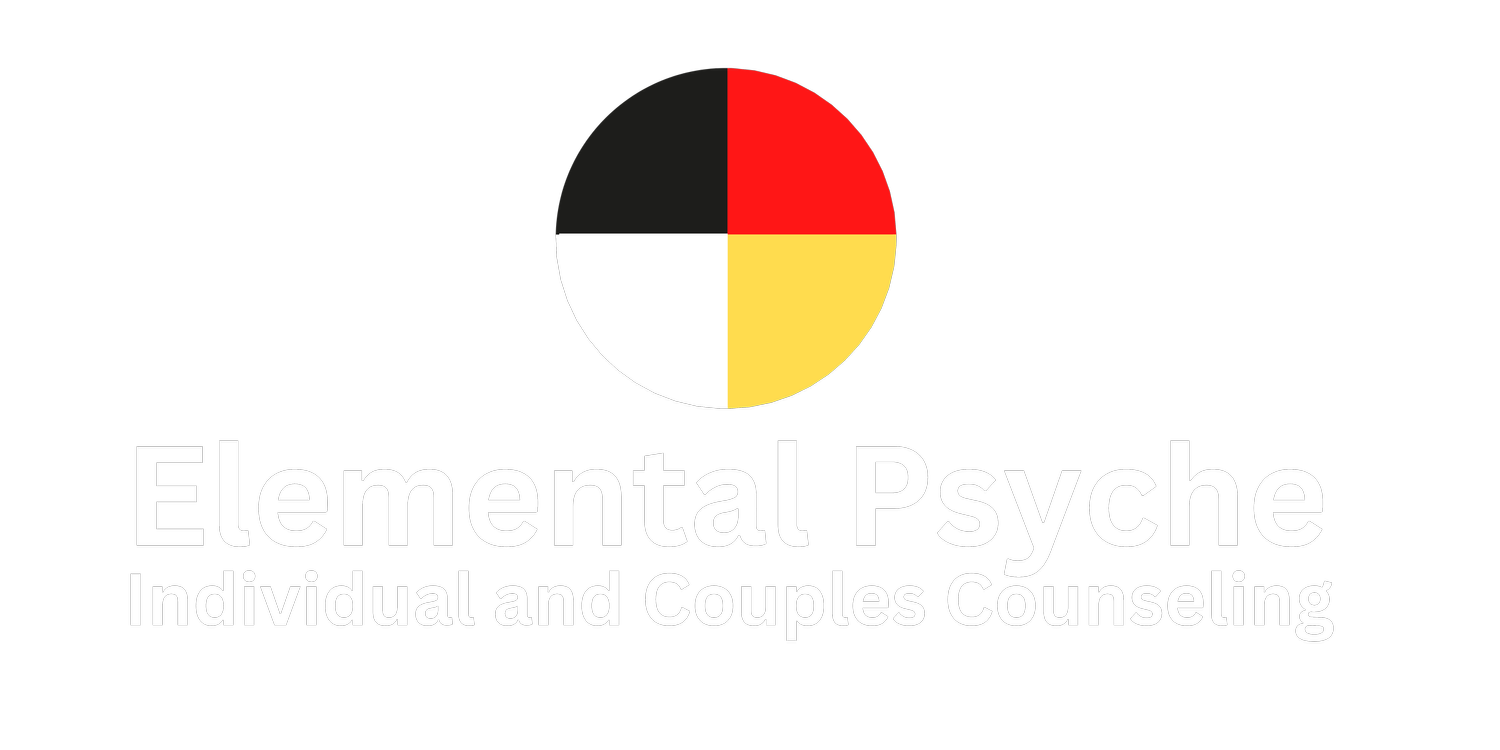What is Developmental Trauma?
You may be wondering if you’ve experienced developmental trauma and, if so, should you consider seeking therapy? So many of us had a rocky and turbulent upbringing. Possibly from parents who didn’t meet your basic needs or didn’t have the resources to offer you a sense of safety. You may have had siblings that hurt you or didn’t treat you lovingly. Childhood wounds come in many forms and they can have devastating affects on our adult lives. This post offers you a chance to understand how childhood wounds and developmental trauma may be impacting your well-being .
Your inner child is talking to you.
Listen.
Understanding the Impact of Childhood Experiences
Trauma is a term that many of us are familiar with, but developmental trauma is a type of trauma that may not be as well-known. Developmental trauma refers to traumatic experiences that occur during critical periods of a child's development, and can include neglect, abuse, or exposure to violence or other traumatic events.
The impact of developmental trauma can be significant and long-lasting. It can lead to a range of symptoms and challenges, such as difficulty regulating emotions, feeling disconnected from others, self-esteem issues, and a sense of shame or guilt. These symptoms can persist into adulthood and impact many areas of life, including relationships, work, and overall well-being.
One of the ways that developmental trauma can impact individuals is by reducing their capacity to feel emotions. When we experience trauma, our brains can become wired to suppress or dissociate from our emotions as a way of coping with the overwhelming experience. Over time, this suppression or dissociation can become a habitual way of relating to our emotions, even in non-traumatic situations.
To learn more about how trauma reduces our capacity to feel, check out clinical psychologist Dr. Donald Kalsched’s appearance on This Jungian Life podcast. “Donald Kalsched: Trauma & the Informed Heart”.
As a result of this finding, individuals who have experienced developmental trauma may struggle with identifying and expressing their emotions, or may feel numb or disconnected from their emotional experiences. This can lead to challenges in many areas of life, including relationships, work, and overall well-being.
A Way Forward
The good news is that therapy can be a powerful tool for helping individuals who have experienced developmental trauma reconnect with their emotions and increase their capacity to feel. Therapists who specialize in trauma-informed and emotionally focused therapy can provide a safe and supportive space for clients to explore their emotional experiences and build the skills needed to express and regulate their emotions in a healthy way.
Overall, therapy offers a space for helping individuals who have experienced developmental trauma to build a more fulfilling life by gaining insights into a deeper sense of self needs. By working with a trauma-informed and emotionally focused therapist, clients can develop the skills and strategies needed to connect with their emotions and create more fulfilling relationships, work experiences, and overall well-being. If you or someone you know is struggling with the impact of developmental trauma, know that healing is possible. Seek out a therapist who specializes in trauma-informed and emotionally focused therapy to begin the journey towards healing and recovery.
If you are considering seeking a trauma informed and emotionally focused therapist to explore and heal from your childhood wounds, please feel free to reach out. I’m Derrick Radford, a depth psychotherapist, and I’m happy to offer a free 15 minute consultation to see if we are the right fit for your healing journey.

